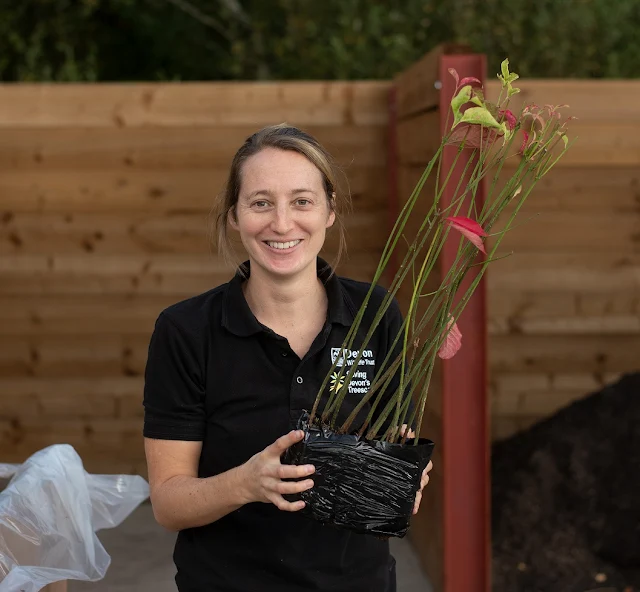A project is underway to investigate the possibility of bringing wildcats back to the South West of England after an absence of more than 100 years.
Devon Wildlife Trust has announced that it wants to appoint what is believed to be England’s first ‘Wildcat Project Officer’. The successful candidate will lead a feasibility study which will judge whether wildcats could be reintroduced successfully to the region.
European wildcats look very similar to a large tabby cat, but the animals are stockier with a fluffier, blunt tail. Distinct banding on the tail and markings on the body also distinguish the animals from their domestic cousins.
Wildcats were once found throughout the UK but were hunted to extinction in most of England and Wales by the 18th century. Today, wildcats are on the verge of extinction in Scotland and are subject to urgent action to save the species.
The South West was one of the last strongholds for wildcats in England and there is evidence that a small population may have survived in Exmoor until just over a century ago. Conservationists are now keen to explore the animal’s reintroduction, stressing that they once played an important ecological role in our countryside and could do so again.
Peter Burgess is Devon Wildlife Trust’s Director of Nature Recovery. Peter says:
“With the appointment of our first ever Wildcat Project Officer we are at the beginning of a process which will explore the return of wildcats to the South West of England. There’s a lot for us to do before this becomes a reality. Much of this will involve working with local communities to see if reintroduction is feasible. As yet we have no scheduled date for any animals to be released.
Wildcats are the UK’s rarest mammal and are on the verge of extinction in Scotland - their last refuge. They are now subject to urgent species recovery action – we want to investigate the possibility of the South West being part of this.
The UK is one of the most nature-depleted countries in the World. The reintroduction of key species, such as wildcats, is part of our wider work to see wildlife and wild places restored.”
Devon Wildlife Trust’s decision to explore wildcat reintroduction follows a preliminary ecological feasibility study carried out by Vincent Wildlife Trust. This report concluded that there are regions which warrant further exploration for wildcat reintroduction, including the South West of England, and especially Devon. Other places highlighted as possible reintroduction areas included the North and West of Wales.
The role of Devon Wildlife Trust’s Wildcat Project Officer will be to assess the suitability of different localities for the animal’s return. They will lead scientific assessments, a social feasibility study, as well as a comprehensive public engagement programme. At every stage of its work the South West Wildcat Project is following best practice guidelines established by the International Union for Conservation of Nature on the reintroduction of species.
Further details of this unique job are available on the Devon Wildlife Trust website www.devonwildlifetrust.org/jobs
Devon Wildlife Trust is the county’s leading environmental charity, with more than 36,000 members. The charity manages 60 nature reserves across Devon, including a range of beautiful landscapes such as woodlands, meadows, wetlands and heaths. Devon Wildlife Trust relies on charitable donations, grants and the generous support of its members and the general public to raise more than £5million every year. More at www.devonwildlifetrust.org



